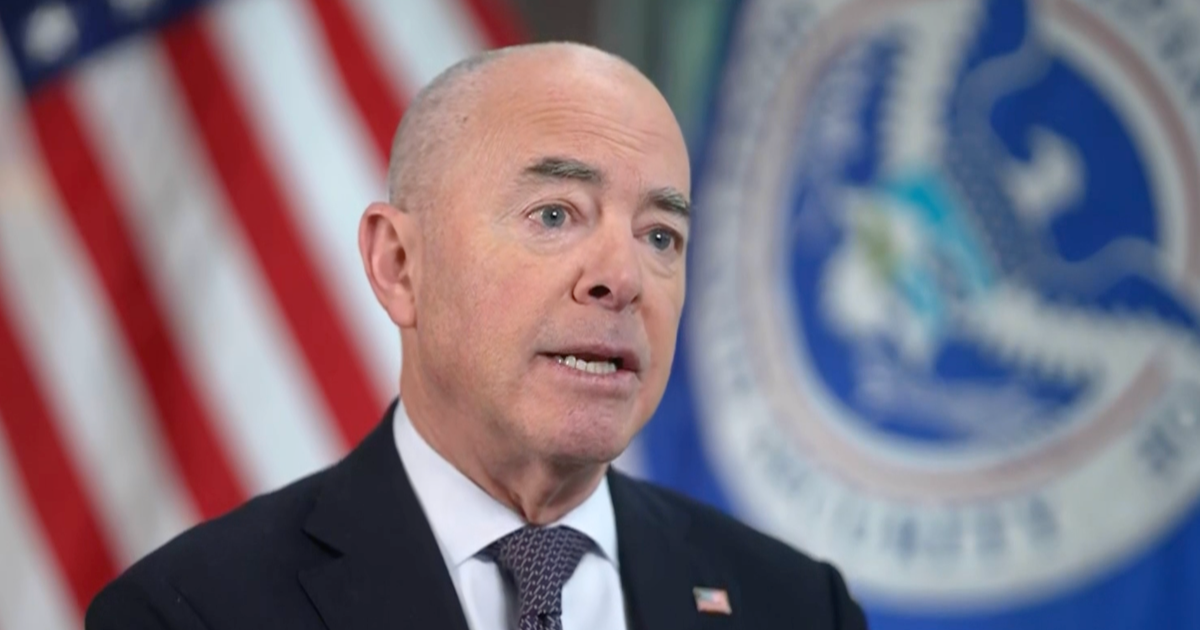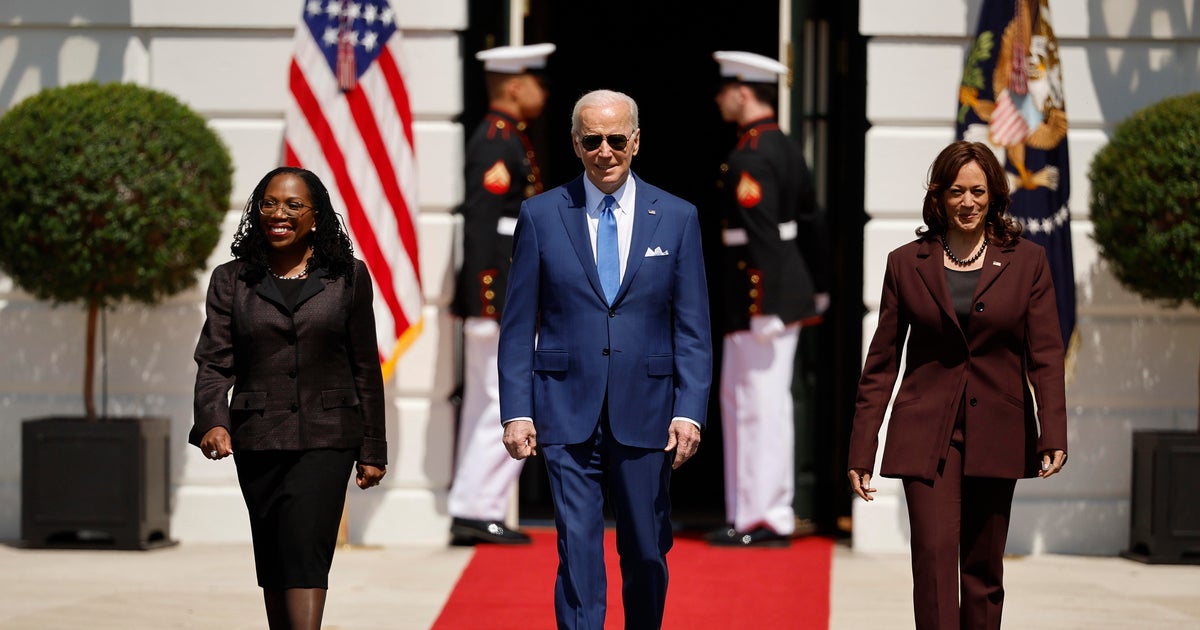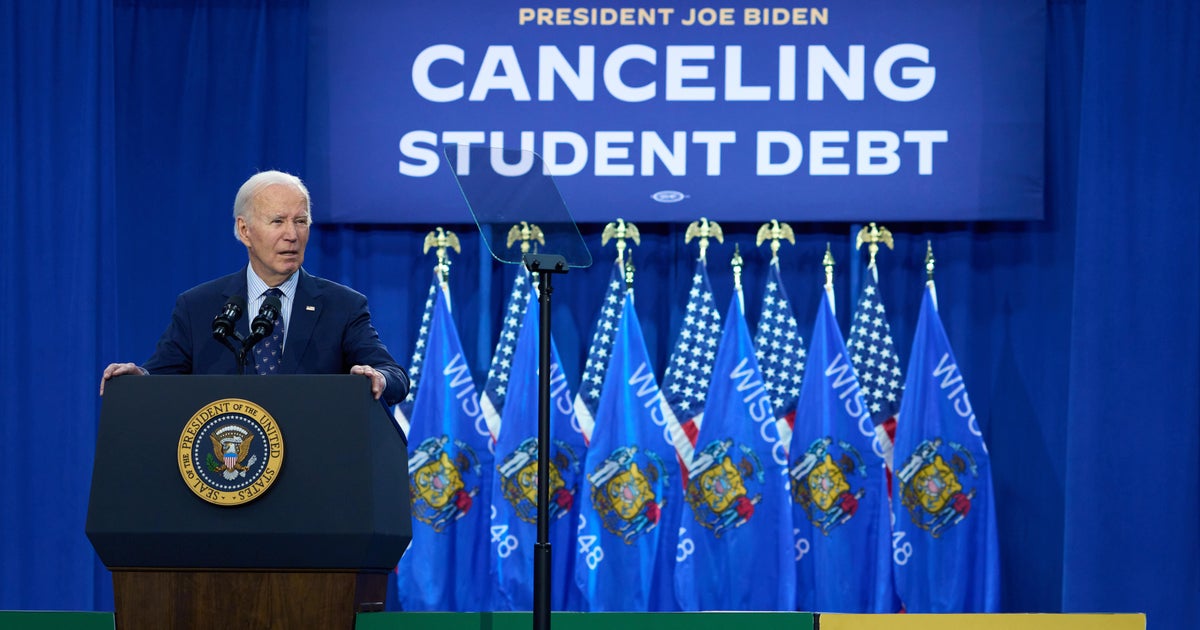U.S. says asylum seekers encountered along entire southern border can now be returned to Mexico
The Trump administration told CBS News Friday it can now return most migrants who express fear of persecution to Mexico regardless of where U.S. officials encountered them along the southern border. It's the latest attempt to end a system President Trump and other immigration hardliners have criticized as "catch and release."
Returns and court hearings of migrants placed in the controversial Migrant Protection Protocols (MPP) program continue to occur at or near five ports of entry along the international border California and Texas share with Mexico.
But a spokesperson for the Department of Homeland Security told CBS News that the policy, known as "Remain in Mexico," has been "effectively" implemented along the entire U.S.-Mexico border, because U.S. border officials can transport migrants across different sectors to subject them to the policy, as long as the Mexican government has "indicated capacity to accept" them.
"MPP processing is an option for virtually all apprehensions or encounters across the Southwest Border," the spokesperson said.
Under the policy, which is being challenged in court, the administration has required nearly 50,000 asylum seekers to wait in Mexico for months while their cases are processed in the U.S.
Since being implemented in San Diego at the end of 2018, the "Remain in Mexico" program has been implemented to the border sectors near Calexico, California and the Texas border communities of El Paso, Laredo and Brownsville.
The administration implemented the "Remain in Mexico" policy in Laredo and Brownsville after the Mexican government, threatened by potential tariffs, agreed to the policy's expansion earlier in the summer. Since then, the U.S. has erected makeshift courts out of tents and shipping containers to hold hearings for migrants returned near those two border cities in south Texas.
A CBS News series detailed how the program has placed vulnerable migrants, including families with small children and single women, in precarious situations during their prolonged stays in dangerous border cities in northern Mexico, where the chances of finding and securing American lawyers are slim.
CBS News series on "Remain in Mexico"
- "Leave me in a cell": The desperate pleas of asylum seekers inside El Paso's immigration court
- "I fear for our lives": Asylum seekers forced to wait in Mexico face danger and desperation
- Advocates say "Remain in Mexico" policy turns migrants into a "marketable commodity"
Along with criticism from Democrats and immigrant advocates, the policy has also been denounced by some of the very asylum officers interviewing migrants in the program, which they believe undermines obligations America has to refugees under both domestic and international law.
Immigration hardliners and some government officials have long attacked the practice of releasing apprehended migrants, mostly families with children or individuals seeking asylum, who crossed the southern border illegally but otherwise don't have criminal records. Under this system, denounced by critics as a "loophole" that incentivizes economic migration, migrants who have extra legal protections are typically detained for a few days or weeks, and then released to local shelters with a notice to appear in immigration court.
Acting Homeland Security Secretary Kevin McAleenan on Monday pledged to effectively abolish this system starting next week. His agency has said that this would be partly accomplished by "generally" placing all families who claim fear in MPP and returning them Mexico.
There are certain humanitarian exceptions for the program and the U.S. government has generally only returned non-Mexican Spanish-speaking migrants to Mexico, meaning that officials will likely not be able to place all migrants who express fear in the MPP policy.
Under this effort, McAleenan said those who do not claim fear will be streamlined for deportation.
To further deter migrants, the administration is also hoping to employ controversial asylum agreements it has recently reached with countries in Central America. In addition, officials are looking to enforce a regulation allowed by the Supreme Court that renders most migrants ineligible for asylum if they traveled through a third country to reach the U.S.-Mexico border.





